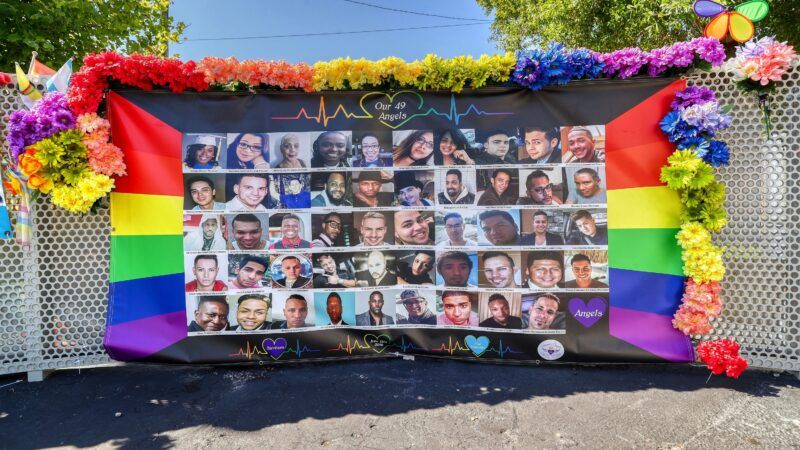Appeals Court Rules Social Media Companies Not Liable for Pulse Nightclub Shooter's Radicalization
"The plaintiffs failed to make out a plausible claim that the Pulse massacre was an act of 'international terrorism' as that term is defined in the ATA."

Last month, the U.S. Court of Appeals for the 11th Circuit affirmed the lower court's decision that Pulse nightclub shooting victims and families cannot hold social media companies liable for aiding and abetting shooter Omar Mateen's horrific act under the Anti-Terrorism Act (ATA).
Omar Mateen, who in 2016 killed 49 people and wounded 53 others at Orlando's Pulse nightclub, had been radicalized via ISIS' presence on social media companies like YouTube and Facebook. Mateen had posted Facebook messages in the days preceding the attack, claiming ISIS would be carrying out an operation on U.S soil. After he went on his shooting rampage in the nightclub, he took hostages, barricading himself in the bathroom and phoning 911 to claim he was an "ISIS soldier." Police shot and killed Mateen on the scene and ISIS took responsibility for the nightclub attack after the fact, calling Mateen "a soldier of the Caliphate."
"The plaintiffs here alleged in part that the companies aided and abetted Mr. Mateen in violation of the Anti-Terrorism Act, 18 U.S.C. §§ 2333(a) & (d)(2), by facilitating his access to radical jihadist and ISIS-sponsored content in the months and years leading up to the shooting," writes the 11th Circuit.
"We are deeply saddened by the deaths and injuries caused by Mr. Mateen's rampage, but we agree with the district court that the plaintiffs failed to make out a plausible claim that the Pulse massacre was an act of 'international terrorism' as that term is defined in the ATA. And without such an act of 'international terrorism,' the social media companies—no matter what we may think of their alleged conduct—cannot be liable for aiding and abetting under the ATA."
In order to qualify as international terrorism under the ATA, the 11th Circuit explains, an act that would be criminal according to U.S. law must also be intended "(i) to intimidate or coerce civilian population; (ii) to influence the policy of a government by intimidation or coercion; or (iii) to affect the conduct of a government by mass destruction, assassination, or kidnapping." It must also "transcend national boundaries" in terms of where the perpetrators carrying out the terroristic act are located, or where the victims are located.
Though the suit notes that ISIS has been disturbingly successful in its endeavor, recruiting approximately 30,000 foreigners—including an estimated 250 Americans—since 2013, and maintaining robust social media presence to do so, the nightclub shooting was carried out by a resident of Florida who killed other residents of Florida; there's no reason to believe the act "transcend[s] national boundaries," satisfying any of the requirements outlined above.
As the social media companies correctly point out, the Internet was not the means by which the Pulse massacre was accomplished. The allegation that ISIS posts propaganda, videos, and messages on the social media companies' platforms—which we accept as true—suggests "nothing more than that ISIS posts information on the Internet, which might be communicated over international borders. Nothing in those statements points to any element of [Mr.] Mateen's conduct in carrying out the attack that had any transnational component." The same goes for the allegations that the companies derive revenue from advertisements posted on ISIS videos.
Other lawsuits brought forth by victims' families, like Crosby v. Twitter, have also attempted to hold social media companies liable. "If we accepted plaintiffs' argument," the U.S. Court of Appeals for the 6th Circuit said in that case, "defendants would become liable for seemingly endless acts of modern violence simply because the individual viewed relevant social media content before deciding to commit the violence."

Show Comments (32)